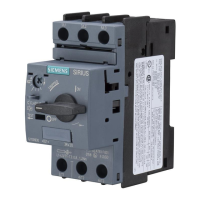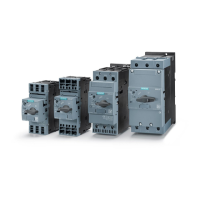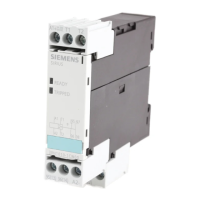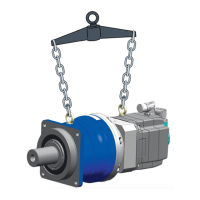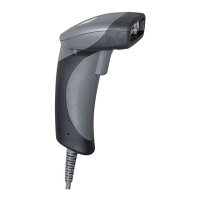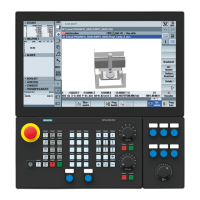SIRIUS 3RU2/3RB3 overload relays
5.10 Technical data
SIRIUS Innovations
538 System Manual, 01/2011, A8E56203870002-03
5.10.1.5 Features of overload relays
Table 5- 37 Other characteristics of 3RU21 and 3RB30/3RB31 overload relays
Feature Description 3RU21 3RB30/3RB
31
Temperature compensation
Allows the use of the relays without derating even
at high temperatures
Prevents premature tripping
Allows compact control cabinet installation without
clearance between the devices/load feeders
Simplifies configuration
Enables space to be saved in the control cabinet
✓ ✓
High long-term stability
Provides reliable protection of loads even after
years under severe operating conditions
✓ ✓
Wide setting ranges
Reduce the number of variants
Minimize the engineering outlay and costs
Enable savings to be made where storage
overheads, storage costs, and tied-up capital are
concerned
-- ✓
(1:4)
Tripping class CLASS 5
Enables solutions for motors which start up very
quickly and require special protection measures
-- ✓
(3RB31
only)
Tripping class > CLASS 10
Enable solutions for heavy-duty starting
-- ✓
Low power loss
Reduces power consumption (power consumption
is up to 98% less than with thermal overload
relays) and thus energy costs
Minimizes the temperature rise of the contactor
and the control cabinet - in some cases this may
eliminate the need for control cabinet cooling
Enables space to be saved through direct
mounting on the contactor even at high motor
currents (i.e. no heat decoupling is required)
-- ✓
Intrinsic supply
Eliminates the need for configuration and
connecting an additional control circuit
--
1)
✓
Variable setting of tripping classes
(The required tripping class can be
set dependent upon the prevailing
starting conditions using a rotary
switch.)
Reduces the number of variants
Minimizes the engineering outlay and costs
Enables savings to be made where storage
overheads, storage costs, and tied-up capital are
concerned
-- ✓
(3RB31
only)
1)
As SIRIUS 3RU21 thermal overload relays work on the basis of the bimetal principle, they
do not require a control supply voltage.
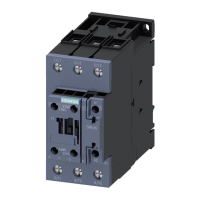
